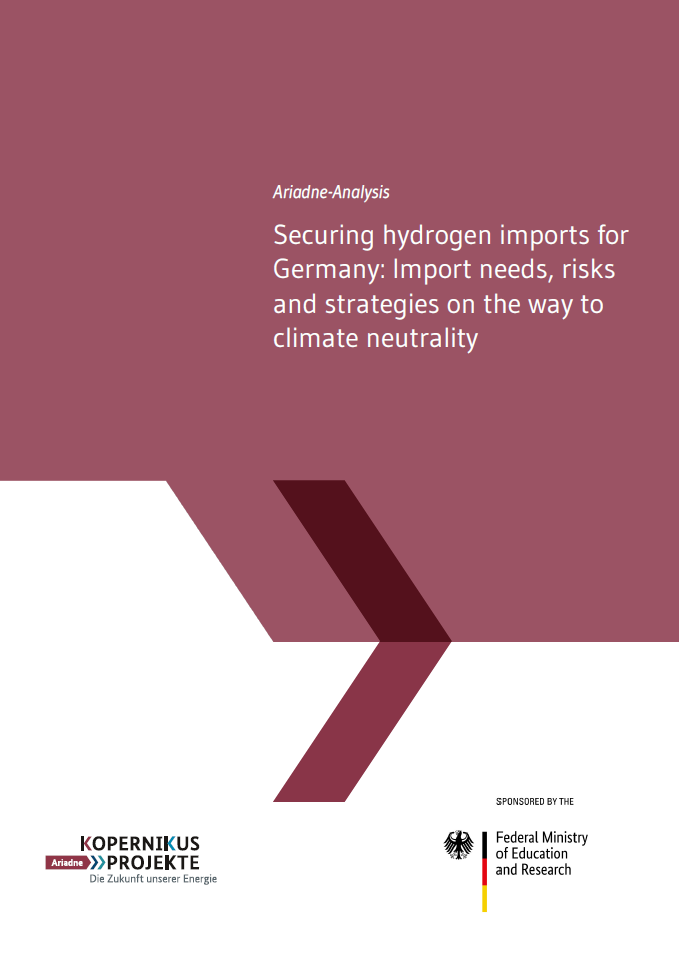Wie die Governance der deutschen Klimapolitik gestärkt werden kann
Ariadne-Kurzdossier
- Publication
- Citation
Flachsland, Christian et. al. 2021: Wie die Governance der deutschen Klimapolitik gestärkt werden kann. Ein Ariadne-Kurzdossier.
From sector coupling to hydrogen, from the implementation of the Climate Protection Legislation to the European Green Deal: Achieving climate neutrality requires coordinated and effective policy management across individual departments. Climate policy is a cross-cutting task, because all sectors, from power generation to industry, buildings, transport and agriculture, must become greenhouse gas neutral without delay. Experts from the Ariadne Copernicus project, which is funded by the German Federal Ministry of Education and Research (BMBF), have examined central problems of government control of German climate policy and presented options for solutions. The paper was also sent to negotiators of the coalition talks in the run-up to publication.
The Ariadne policy brief identifies key problems of the governance of German climate policy, with focus on the federal level and issues of cross-sectoral coordination. It then discusses eight options to (a) improve the allocation of competencies and coordination tasks in government work, and (b) strengthen central processes in the climate policy process and the involvement of scientific expertise:
Options for the allocation of competencies and coordination tasks
- Option 1: Central coordination by the Federal Chancellery
- Option 2: Strong climate protection ministry
- Option 3: Continuation of the status quo and coordination by the Federal Environment Ministry (BMU)
- Option 4: Upgrading of the Climate Cabinet and establishment of standing interministerial working groups
- Option 5: Stocktaking and reform of subordinate authorities and agencies
Options for strengthening central procedures in the climate policy process
- Option 6: Formats for improved planning processes
- Option 7: Strengthen monitoring and reform follow-up mechanisms
- Option 8: Integrate multidisciplinary scientific expertise more effectively into the policy process





